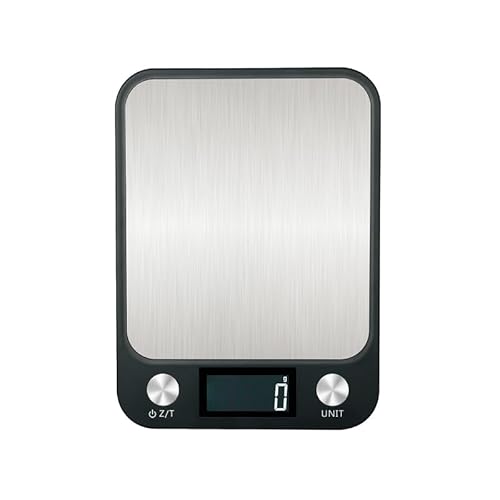If this is in the wrong place, mods, I am sorry. Please move as needed.
My husband & I are on a road trip, currently in Arkansas. When I can I like to visit artisans shops or booths & I generally purchase at least one or two items because it feels like the right thing to do after taking up their time.
However, at the last couple of soap artisans from whom I purchased, the labels seem to be missing information I thought was required. Maybe I misunderstand the regulation, though.
For soap without a cosmetic claim is net weight required when selling?
For soap with a cosmetic claim (example: a pine tar soap for exzema, psoriasis) a net weight is required, correct?
Is it acceptable to use the same label for all soaps in a store and only write the name of the soap on the label when wrapping it for the customer, without listing the particular EOs, FOs or other additives? I think not if what I read in the regulations pertains.
Or is this such a fuzzy area that these labeling practices are okay? I am a little confused on the subject.
In addition to the labeling issues at both different shops, at least 75 to 100 miles apart and not owned by the same people, I was told the soap for sale was 2 weeks old and ready to be used now. These are cold process soaps. I was willing to give them the benefit of the doubt that since the actual soapmakers were not present in either shop, that the assistant was not quite familiar with the fact of curing. Even so I do intend to weigh both soaps weekly a few times to be sure they have cured sufficiently before using them.
My husband & I are on a road trip, currently in Arkansas. When I can I like to visit artisans shops or booths & I generally purchase at least one or two items because it feels like the right thing to do after taking up their time.
However, at the last couple of soap artisans from whom I purchased, the labels seem to be missing information I thought was required. Maybe I misunderstand the regulation, though.
For soap without a cosmetic claim is net weight required when selling?
For soap with a cosmetic claim (example: a pine tar soap for exzema, psoriasis) a net weight is required, correct?
Is it acceptable to use the same label for all soaps in a store and only write the name of the soap on the label when wrapping it for the customer, without listing the particular EOs, FOs or other additives? I think not if what I read in the regulations pertains.
Or is this such a fuzzy area that these labeling practices are okay? I am a little confused on the subject.
In addition to the labeling issues at both different shops, at least 75 to 100 miles apart and not owned by the same people, I was told the soap for sale was 2 weeks old and ready to be used now. These are cold process soaps. I was willing to give them the benefit of the doubt that since the actual soapmakers were not present in either shop, that the assistant was not quite familiar with the fact of curing. Even so I do intend to weigh both soaps weekly a few times to be sure they have cured sufficiently before using them.
















































